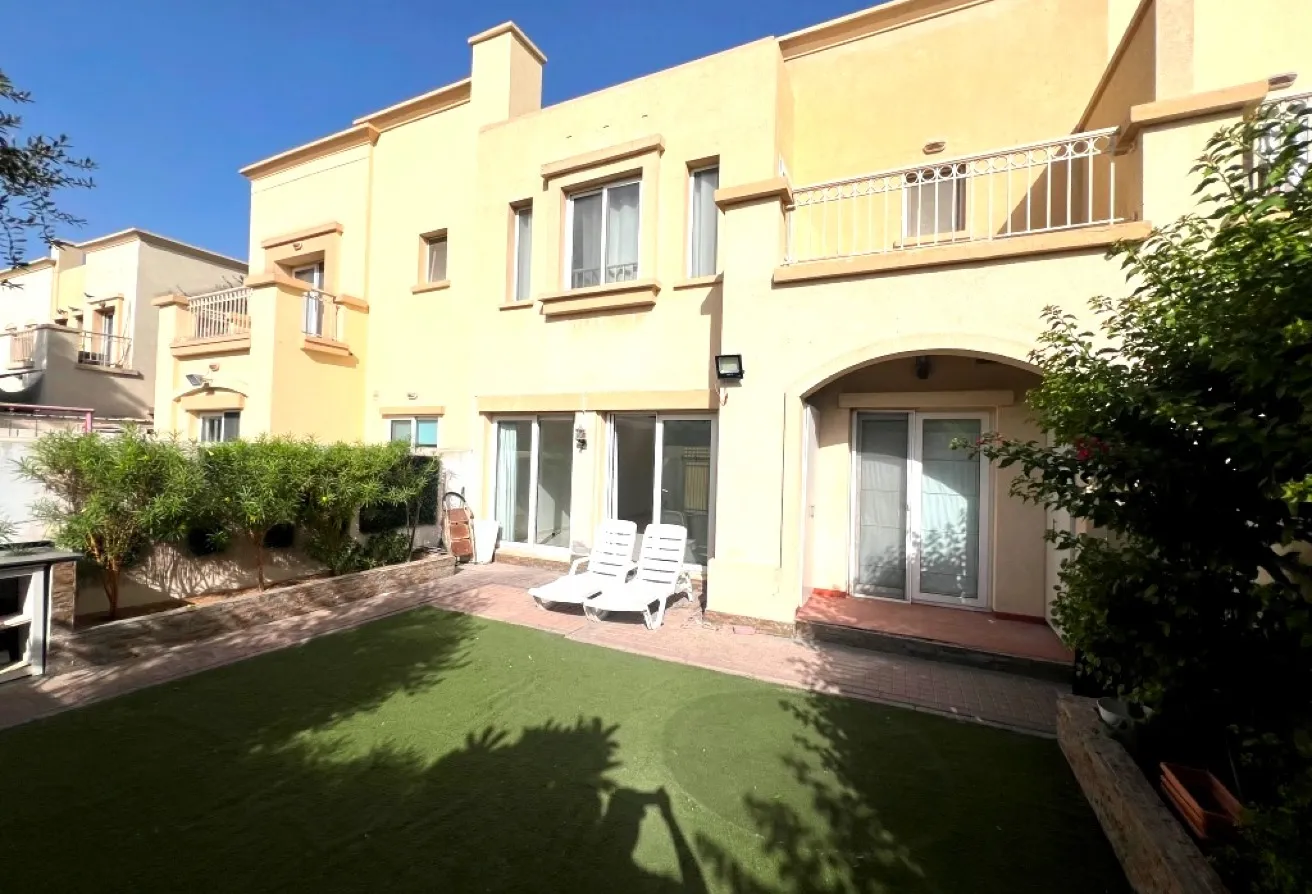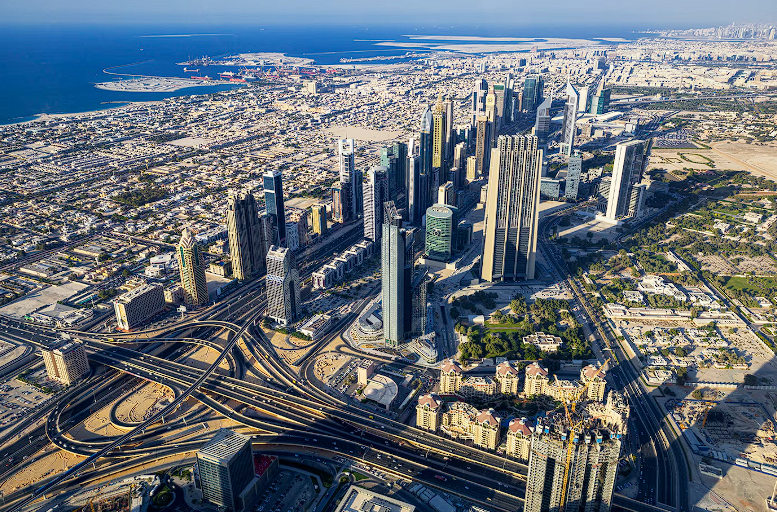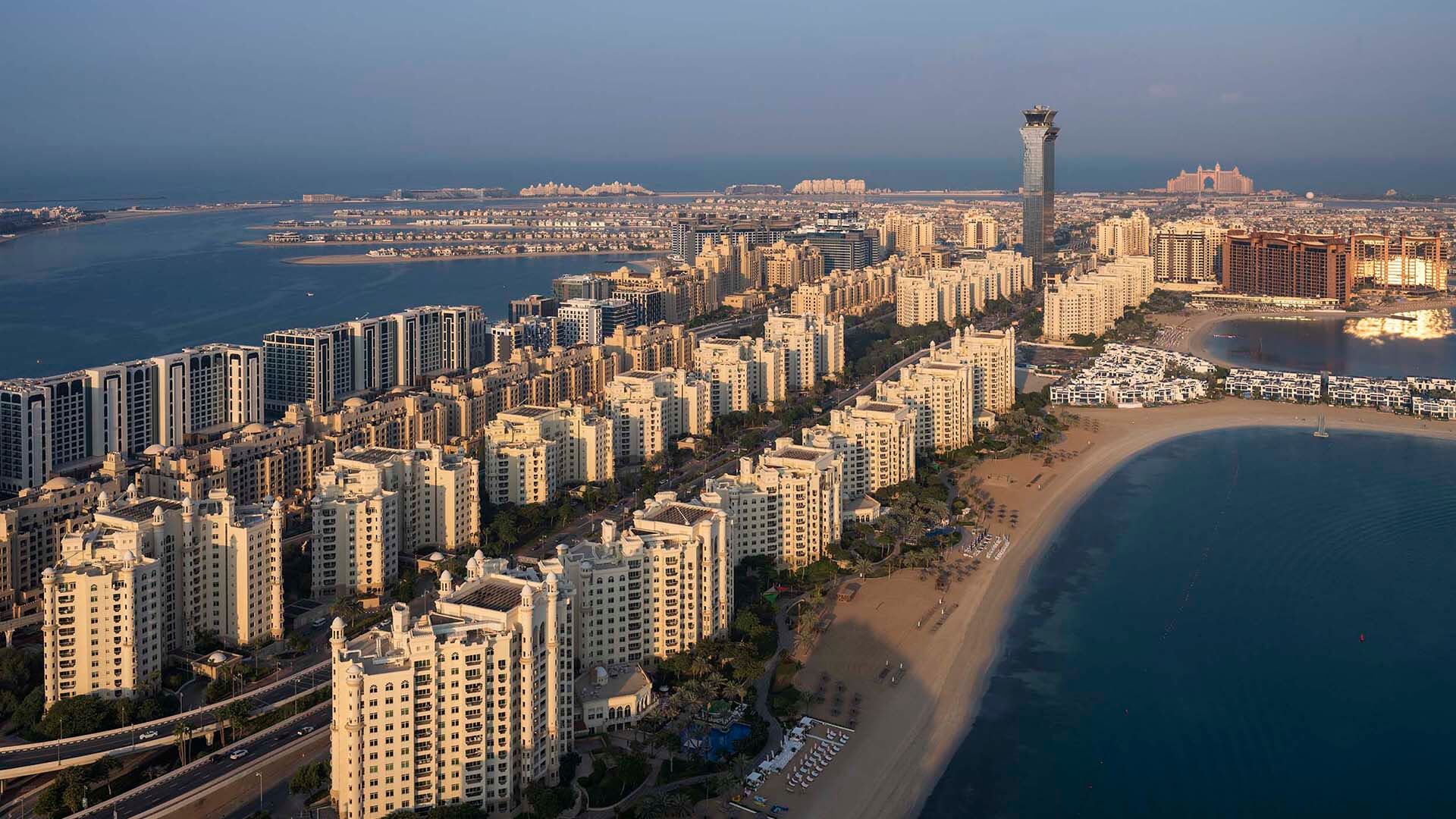If you’ve ever thought about buying a home in Dubai, you already know the biggest hurdle: money. Finance is what often stands between your dream and reality. The down payment, the paperwork, the bank rules, it can all feel like too much.
But here’s the thing: once you understand how to get a mortgage in Dubai, the process becomes much clearer. It’s more about knowing the right steps and preparing the right documents than anything else.
In this guide, you’ll learn:
- What banks in Dubai look for before approving your loan
- How much you’ll need as a down payment
- What documents are the Documents needed for a home loan in Dubai?
- Who is eligible to apply
Why Mortgages Matter in Dubai’s Property Market
Dubai isn’t just about luxury skyscrapers and waterfront villas. It’s also one of the fastest-growing real estate hubs in the world. Buying property here isn’t just about lifestyle; it’s an investment.
A mortgage (also called a home loan in Dubai) makes that possible. Instead of paying millions upfront, you can spread the cost, just like anywhere else in the world.
Before you apply, it’s smart to understand the different types of mortgages in Dubai so you can choose the option that best fits your financial goals.
In 2025, Dubai’s mortgage landscape will have become more structured, transparent, and favourable to both UAE nationals and expats.
Eligibility & Requirements for a Mortgage in Dubai
Not everyone automatically qualifies for a mortgage. Banks have specific rules to ensure applicants can comfortably repay their loans.
Who Can Apply?
1. Age:
- Applicants must be between 21 and 65 years old.
2. Income:
- Salaried employees: Minimum AED 15,000 per month (varies by bank).
- Self-employed: Minimum AED 25,000 per month (based on financial statements).
3. Residency:
- Both UAE nationals and expats can apply.
- Financing limits differ and may vary depending on the bank:
UAE Nationals:
Banks may finance up to 85% of the property value.
Expatriates:
Banks typically finance up to 80% of the property value.
Documents Needed for a Home Loan in Dubai
For UAE Residents
- Emirates ID
- Passport with a valid residence visa
- Salary certificate (salaried) or trade license (self-employed)
- Bank statements (last 6 months)
- Property documents (title deed, sale agreement, etc.)
For Expats
- Passport with a valid residence visa
- Salary certificate (salaried) or trade license (self-employed)
- Bank statements (last 6 months)
- Property documents (title deed, sale agreement, etc.)
Step-by-Step Mortgage Process in Dubai
Let’s simplify the process. Here’s how getting a mortgage works:
1. Pre-Approval
Submit your documents and income details.
Get an estimate of how much you can borrow.
2. Bank Review
The bank reviews your financial history, income, and credit score.
3. Property Valuation
The property is assessed to determine its current market value.
4. Final Approval
The bank issues the final confirmation of your loan amount.
5. Disbursement
The approved funds are released to the seller, completing the purchase.
This process usually takes 2 – 4 weeks if your paperwork is in order.
What is the minimum down payment for a mortgage in Dubai?
The down payment for buying property in Dubai depends on the property value:
- Property under AED 5M → 20% minimum down payment.
- Property AED 5M or more → 30% minimum down payment.
- Additional costs: valuation fees, mortgage registration fees, and life insurance.
Make sure to have enough cash for the down payment and extra fees.
Tips to Get the Best Mortgage Loan in Dubai
1. Compare Banks and Rates
- Don’t pick the first offer.
- Small rate differences can save money.
2. Check Credit Score
- Good credit = better interest rates.
3. Watch Hidden Fees
- Look for processing fees, insurance, or early settlement charges.
4. Think Long Term
- A higher down payment can lower monthly payments.
Tip: A mortgage lasts for years. Planning well makes it easier to manage.
FAQs About Mortgages in Dubai
The minimum deposit depends on your residency status and the property value:
Expats: 20% deposit for properties valued under AED 5 million, and 30% for properties over AED 5 million.
UAE Nationals: 15% deposit for properties under AED 5 million, and 25% for properties above AED 5 million.
These requirements are set by the UAE Central Bank and may vary slightly between lenders.
To qualify for a mortgage in the UAE, applicants must meet the following criteria:
Income Requirement: UAE Nationals need a minimum monthly salary of AED 10,000, while expats generally need at least AED 15,000.
Employment Duration: Most banks require 6–12 months of continuous employment with your current employer. Self-employed expats usually need 2–3 years of business history with audited accounts.
Age Limit: Must be under 65 years old (salaried) or 70 years old (self-employed) at the time of loan maturity.
Residency: A valid UAE residence visa is required for residents. Non-residents can also apply, but under different terms.
Yes, Indians can get a home loan in Dubai. Many banks and financial institutions in the UAE offer mortgages to Indian nationals, whether they are UAE residents or overseas buyers. The main requirements are proof of income, valid identification, and meeting the bank’s eligibility criteria.
Conclusion: Make Your Home in Dubai a Reality
Owning a home in Dubai doesn’t have to stay a dream. With the right preparation, knowing eligibility, documents, down payment, and the mortgage process, you’re ready to take the next step.
Whether you’re an expat or a UAE resident, getting a mortgage is easier when you plan carefully and choose the right bank.
We help you compare banks, explore properties, and get pre-approved.
Start your journey with Legacy Dubai and unlock the door to your new home.






